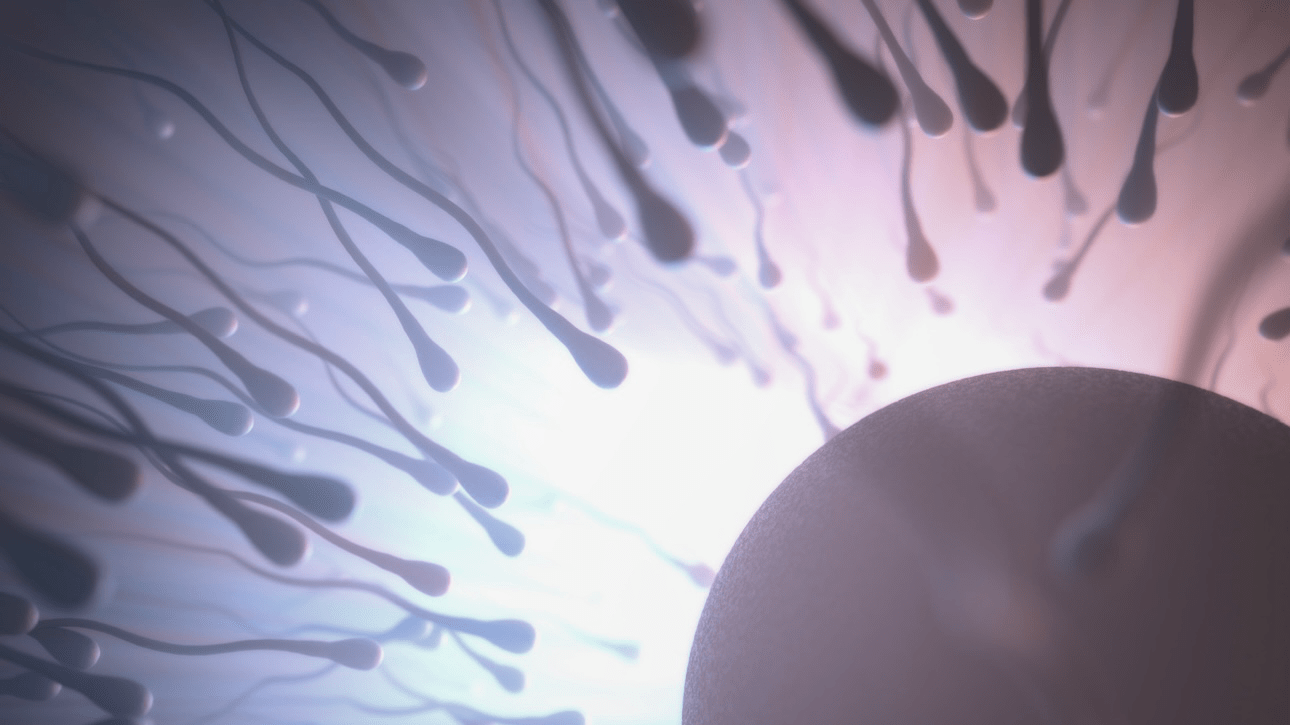Oligospermia: Causes, Symptoms and Treatment Options
Oligospermia is a medical condition characterized by a low sperm count in semen. It is a common condition that affects many men worldwide and can lead to difficulties in conceiving a child. In this article, we will explore the causes, symptoms, and treatment options for oligospermia.
Causes of Oligospermia
There are several factors that can contribute to the development of oligospermia. These include:
1. Varicocele: This is a condition in which the veins that drain the testicles become enlarged. It can lead to an increase in testicular temperature, which can negatively affect sperm production.
2. Hormonal imbalances: Hormonal imbalances, such as low levels of testosterone or high levels of estrogen, can disrupt the normal production of sperm.
3. Infections: Certain infections, such as sexually transmitted infections or urinary tract infections, can cause inflammation in the reproductive organs and interfere with sperm production.
4. Genetic factors: Some men may have genetic abnormalities that affect sperm production. These abnormalities can be inherited or acquired.
5. Lifestyle factors: Certain lifestyle choices can contribute to oligospermia. These include smoking, excessive alcohol consumption, drug abuse, and exposure to environmental toxins.
Symptoms of Oligospermia
In many cases, oligospermia does not cause any noticeable symptoms. However, some men may experience the following:
1. Difficulty conceiving: Oligospermia can make it challenging for couples to conceive a child. If you have been trying to conceive for a year without success, it is advisable to consult a doctor.
2. Changes in sexual function: Oligospermia can sometimes be accompanied by changes in sexual function, such as erectile dysfunction or reduced libido.
3. Pain or swelling in the testicles: In some cases, varicocele can cause pain or swelling in the testicles.
Diagnosis of Oligospermia
If you suspect you have oligospermia, it is important to consult a doctor for a proper diagnosis. The doctor will typically perform a thorough physical examination and may recommend the following tests:
1. Semen analysis: This test measures the quantity and quality of sperm in a semen sample. A low sperm count is indicative of oligospermia.
2. Hormone testing: Blood tests may be done to measure hormone levels and identify any hormonal imbalances.
3. Genetic testing: In some cases, genetic testing may be recommended to identify any genetic abnormalities that may be causing oligospermia.
Treatment Options for Oligospermia
The treatment options for oligospermia depend on the underlying cause and the severity of the condition. Some common treatment options include:
1. Medications: If hormonal imbalances are causing oligospermia, medications may be prescribed to restore normal hormone levels.
2. Surgery: In cases where varicocele is the underlying cause, surgery may be recommended to repair the enlarged veins and improve sperm production.
3. Lifestyle changes: Making certain lifestyle changes can also help improve sperm count. These include quitting smoking, reducing alcohol consumption, maintaining a healthy weight, and avoiding exposure to environmental toxins.
4. Assisted reproductive techniques: In severe cases of oligospermia, where natural conception is not possible, assisted reproductive techniques such as in vitro fertilization (IVF) or intracytoplasmic sperm injection (ICSI) may be considered.
Prevention of Oligospermia
While some causes of oligospermia are not preventable, there are certain steps men can take to promote healthy sperm production and reduce the risk of developing the condition. These include:
1. Avoiding smoking and excessive alcohol consumption.
2. Maintaining a healthy weight through regular exercise and a balanced diet.
3. Practicing safe sex to reduce the risk of sexually transmitted infections.
4. Avoiding exposure to environmental toxins, such as pesticides and chemicals.
Oligospermia is a common condition that can affect a man's fertility. It is important to seek medical advice if you suspect you have oligospermia or are experiencing difficulties in conceiving. With proper diagnosis and treatment, many men with oligospermia can successfully overcome their fertility challenges and start a family. Remember to lead a healthy lifestyle and take preventive measures to promote optimal sperm production.










